
Every once in a while, an article with reading advice will blow through the online bookish community, baffling everyone in its wake. Book Riot writers had a good laugh at the title How a Super Reader Gets Through 52 Books a Year, which advises to “skim, skim, skim.” As anyone who has spent time on BookTok knows, there are plenty of super readers getting through a lot more than 52 books in a year. Many of our writers read more than 100 books a year, some much more than that.
If you’re a big reader, and if you spend a lot of time on the bookish internet, you’ve probably seen a lot of tips on reading more. You know about keeping a book with you at all time, ideally in multiple formats. You know about putting your phone in another room, building a reading routine, and finding the books you love. What you may not know, though, is that’s just one category of reading advice. There are, in fact, three categories of people looking for advice on how to read more.
1) The Power Reader
These are people who already read more than the average person. Maybe they read a book a month, maybe it’s one a week, or maybe they’re finishing multiple books in a day. The point is, this group has already got the basics down. They already love reading, and they’re just looking to pack even more of it into their lives. Think about this group like professional athletes who are looking to become even more powerful and efficient. They want hacks to read like no one ever has before. Chances are that if you’re reading Book Riot, you’re in this category already. Remember, most people are not reading more than a book or two a year (if they’re reading at all).
2) The Aspiring Power Reader
Book Deals Newsletter
Sign up for our Book Deals newsletter and get up to 80% off books you actually want to read.
Thank you for signing up! Keep an eye on your inbox.
By signing up you agree to our terms of use
The aspiring power reader likes to read and wants to do more of it, but they don’t really know how to make reading a big part of their lives. Often, this is someone who devoured books when they were a kid, but fell off of reading somewhere along they way. They aren’t looking to read 300 books a year, usually. They’re just wanting to learn how to discover new books, how to make a reading routine, and other basics of being a regular reader. These are the people most of those general tips (like “carry a book with you everywhere”) are aimed at.
3) The Business Reader
This third category is where the confusion comes in. While the first two categories may read any kind of book, they usually read for enjoyment. They may read to improve themselves in an abstract way, but they’re not reading to get ahead. The business reader is reading for a different purpose: to extract value from books.
This is the group the Financial Times article was aimed at, as well as this INC article titled Reading Just 1.5 Books a Month Will Put You in an Elite Category of Super-Achievers that advises “Americans are reading fewer books. Leverage that trend to stand out and get ahead.” This group wants to read more because they believe it will make them more successful in business, specifically financially. They read because knowledge is power and power is money. (And money? Well, that’s power.)
Articles aimed at this kind of reader usually tell them to skim books. They also assume that you will be reading entirely business books, while articles aimed at the first two categories generally won’t specify genre.
These kind of articles tackle the act of reading in a very different way than the first two. There’s no mention of fiction or being immersed in a narrative. Instead, it’s about locating and pulling out the useful ideas for yourself, and being able to use those to further your career path.
Of course, there’s nothing wrong with reading for professional development, or with that being all you read. But that’s a different mindset and goal from that of a casual reader, and that’s what causes the confusion. Advice aimed at the last category is not usually helpful for the first two. (Just go on Book Twitter and tell people that they could read more books if they skimmed more and see how it goes.)
So next time you see an article about how to read more that seems perplexing, take a moment to remember that third category, who aren’t usually seen in the online bookish community… And then feel free to gently poke fun of the advice anyway, because they probably make a lot more money than those of us outside the business world.




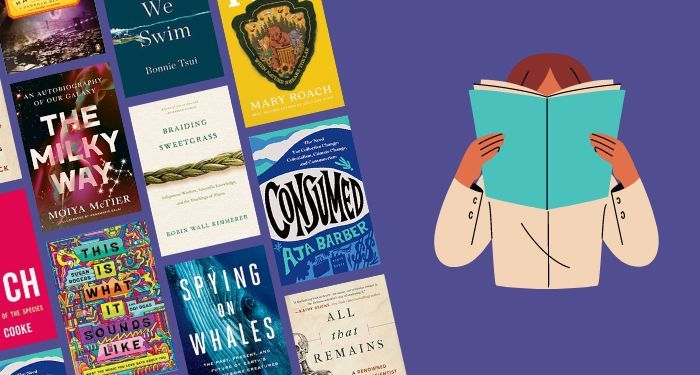



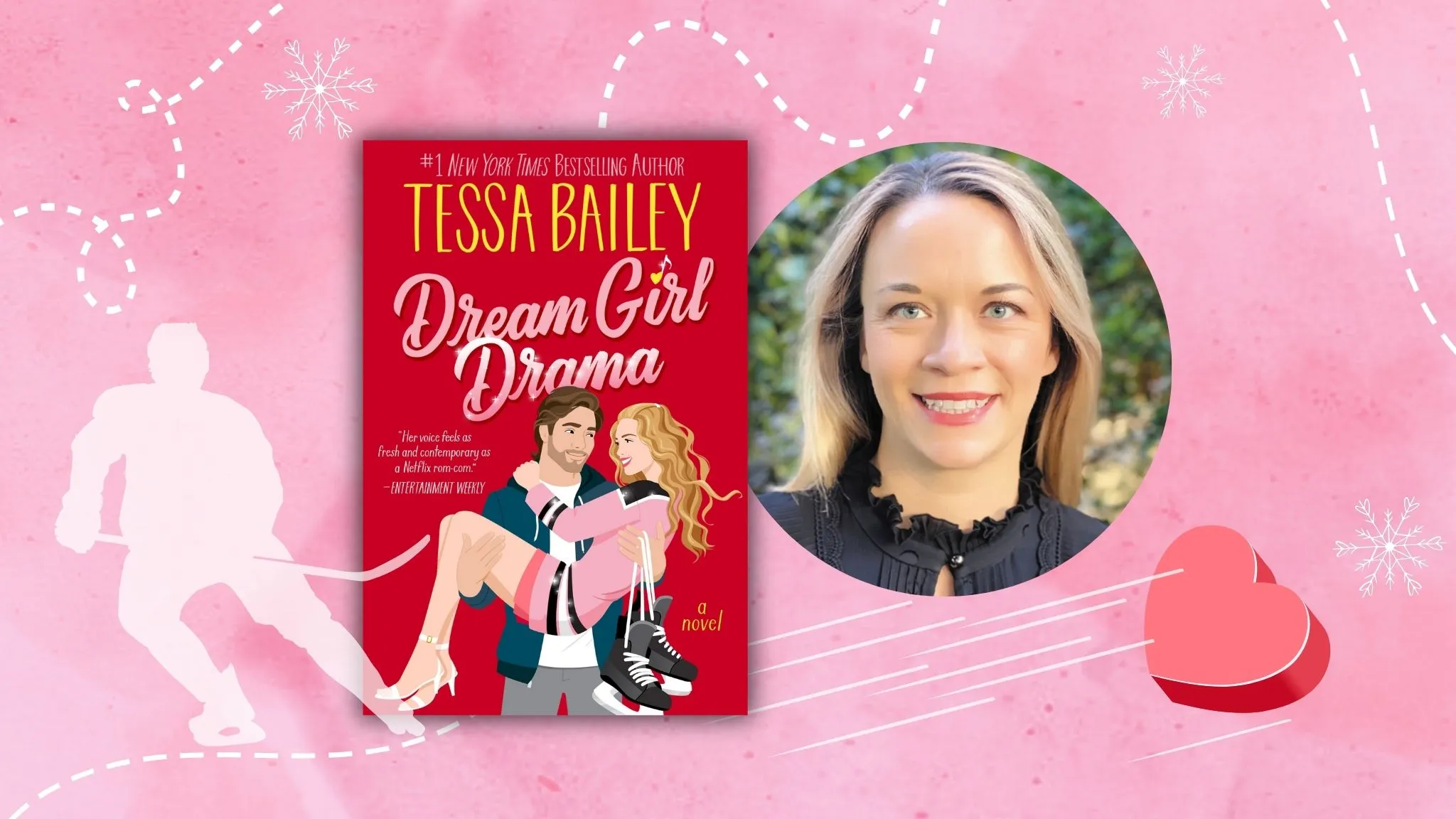

















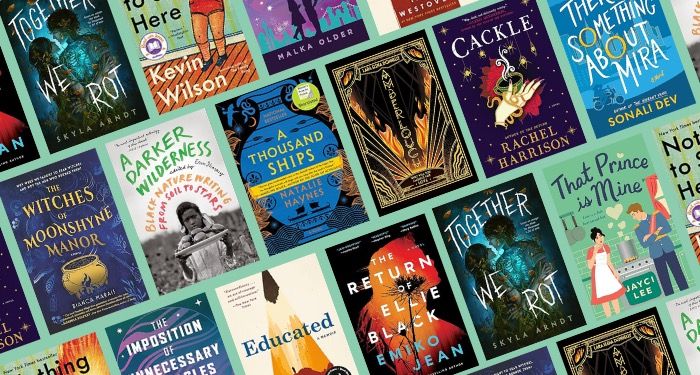
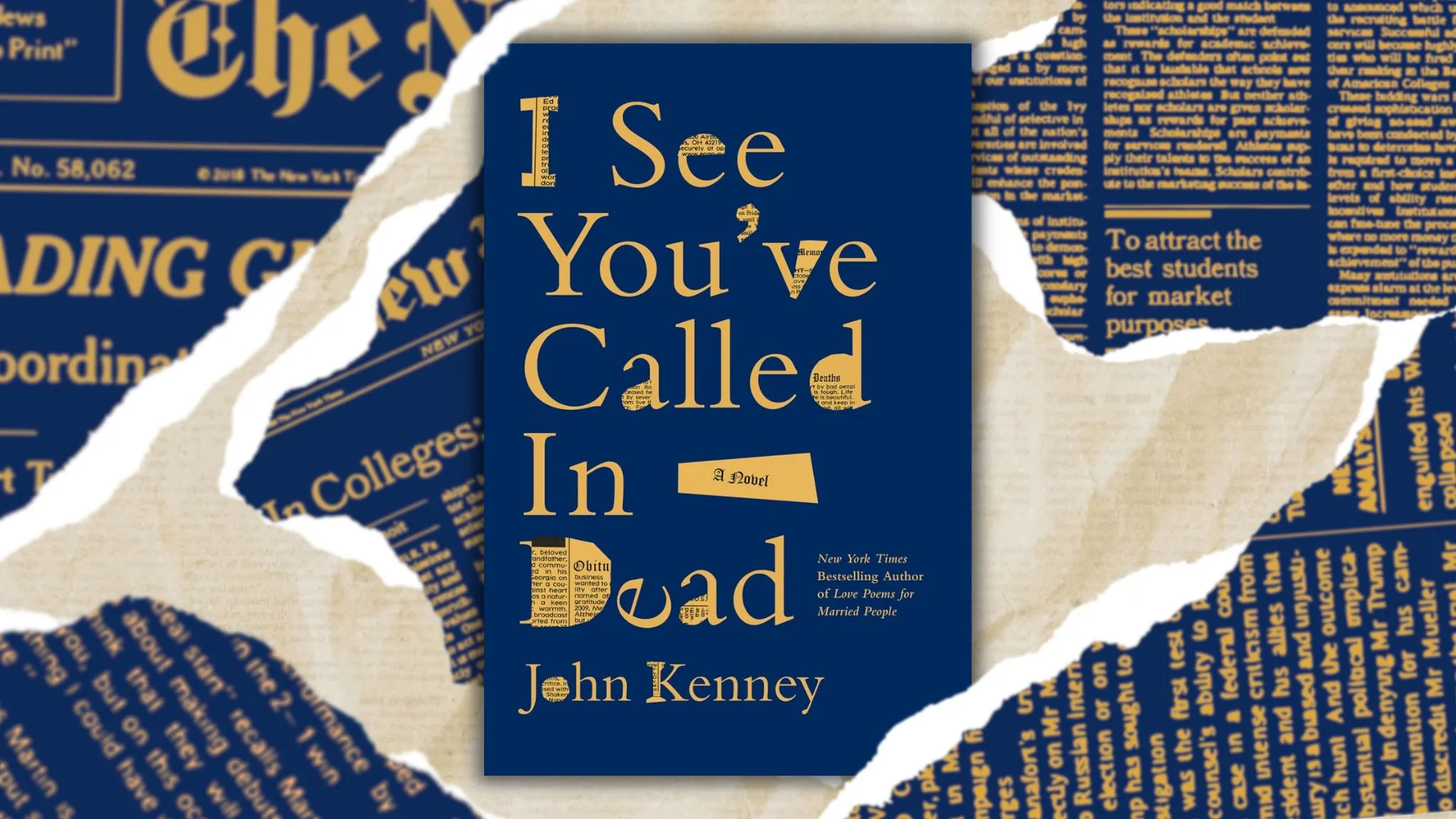

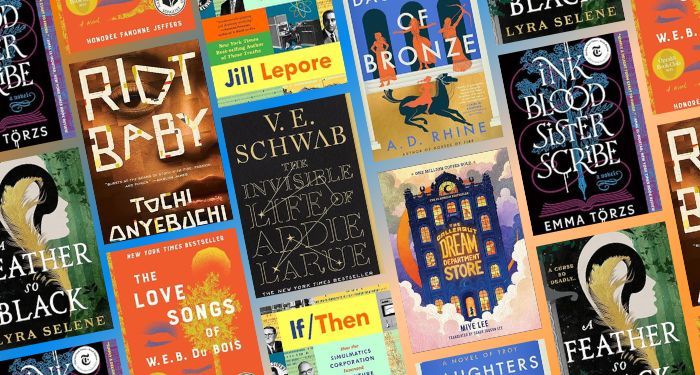

:quality(85):upscale()/2025/05/06/835/n/1922564/8e601b95681a5cf04194c6.14070357_.png)

:quality(85):upscale()/2025/05/05/100/n/1922564/33582ae7681964cb0d40c8.72464171_.png)
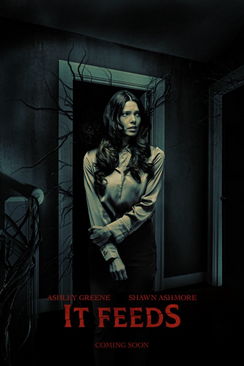


![ABYSMAL RITES – “Restoring The Primordial Order” [Heavy Sludge] ABYSMAL RITES – “Restoring The Primordial Order” [Heavy Sludge]](https://horrornews.net/wp-content/uploads/2025/04/WHD581-600x330.jpg)